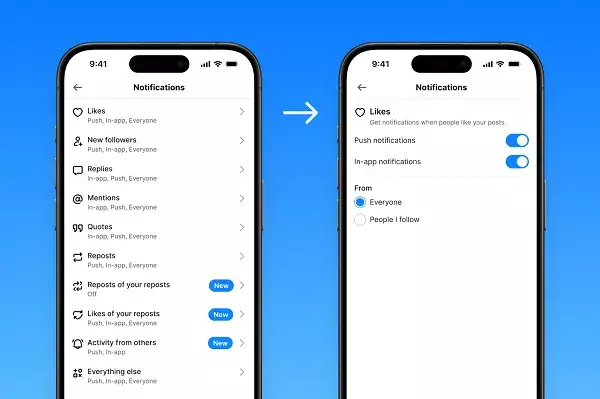In the ever-evolving landscape of social media, new platforms continually emerge, each promising to revolutionize user experience by emphasizing control, privacy, and decentralization. Bluesky, a project initially conceived as an innovative alternative to Twitter, aims to challenge established giants like X and Meta’s Threads. The platform has been tirelessly working on adding features reminiscent of its competitors, such as customizable notifications and feed management. While these updates indicate a step toward user-centric design, they also reveal a fundamental paradox: the struggle between providing granular control and maintaining ease of use.
Despite Bluesky’s intent to prioritize decentralization—offering users more autonomy over their experience—the platform’s adoption remains lukewarm. Its feature set, although competitive, fails to generate the same level of engagement as its more established counterparts. This discrepancy is not accidental but rooted in deeper behavioral and technological trends. Users are inherently attracted to convenience, even if it means sacrificing aspects like privacy or strict control over their content flow. Bluesky’s latest tweaks, designed to make the app more customizable, mirror those of Twitter, raising questions about whether it can truly differentiate itself in a crowded market.
Control Versus Convenience: The User’s Dilemma
One of the core issues facing Bluesky and similar platforms lies in the tension between user desire for control and the practical reality of user behavior. Many claim to want more power over what they see and how they engage with content. The idea of manually managing settings, selecting specific notifications, and configuring feeds appears noble but quickly becomes burdensome in practice. Most users, especially the next generation accustomed to seamless algorithms and minimal effort, find such tasks tedious.
The reality is strikingly simple: people favor platforms that free them from constant manual adjustments, preferring environments that learn and adapt to their preferences with minimal input. This explains the popularity of algorithms that curate content based on engagement patterns—intuitive, invisible, and largely automatic. Even if these algorithms might sometimes feel intrusive, they significantly reduce the effort required to stay informed and entertained. Bluesky’s push for user-controlled notifications, while a noble goal, confronts this fundamental preference for ease and instant gratification.
Decentralization, Privacy, and the Myth of User Autonomy
Decentralized social media platforms like Bluesky tip the scale toward user empowerment, but in practice, they often fall short of delivering the promised control. The notion that users can create a more private and autonomous experience is appealing—yet, it remains mostly theoretical. In reality, configuring these platforms demands a much higher level of engagement than most are willing to invest. For many, the allure of decentralization is overshadowed by the effort required, making platforms like Mastodon less appealing.
This disconnect highlights a broader cultural tendency: people love the theoretical benefits of privacy and decentralization but prioritize convenience above all else. The widespread neglect of privacy settings even after high-profile data breaches exemplifies this. The social media revolutionaries’ dream of autonomous networks has yet to disrupt the dominance of user-friendly apps that leverage centralized control for simplicity and speed. Threads exemplifies this by allowing users to effortlessly sign up with just a tap—an ease of entry that Mastodon and similar platforms struggle to match.
The Future of Social Media Is Both Promising and Challenging
Bluesky’s ongoing efforts to add Twitter-like features suggest that the platform is trying to stay relevant amid fierce competition. However, the challenge remains: can it truly carve out a niche when user preferences heavily favor convenience over control? For Bluesky to thrive, it must offer a compelling advantage—something beyond similar notification settings or interface tweaks—that redefines what decentralization can mean for everyday users.
What remains clear is that the concept of decentralized social media, while alluring, must reconcile the natural human tendency toward simplicity. Without significant innovation that marries control with ease, Bluesky risks being relegated to a niche audience—early adopters and privacy enthusiasts—rather than mainstream success. The bigger question is whether a platform can genuinely deliver on the promise of empowerment without burdening its users with complexity, or if the social media ecosystem will continue to favor the scalable convenience provided by highly centralized giants.

